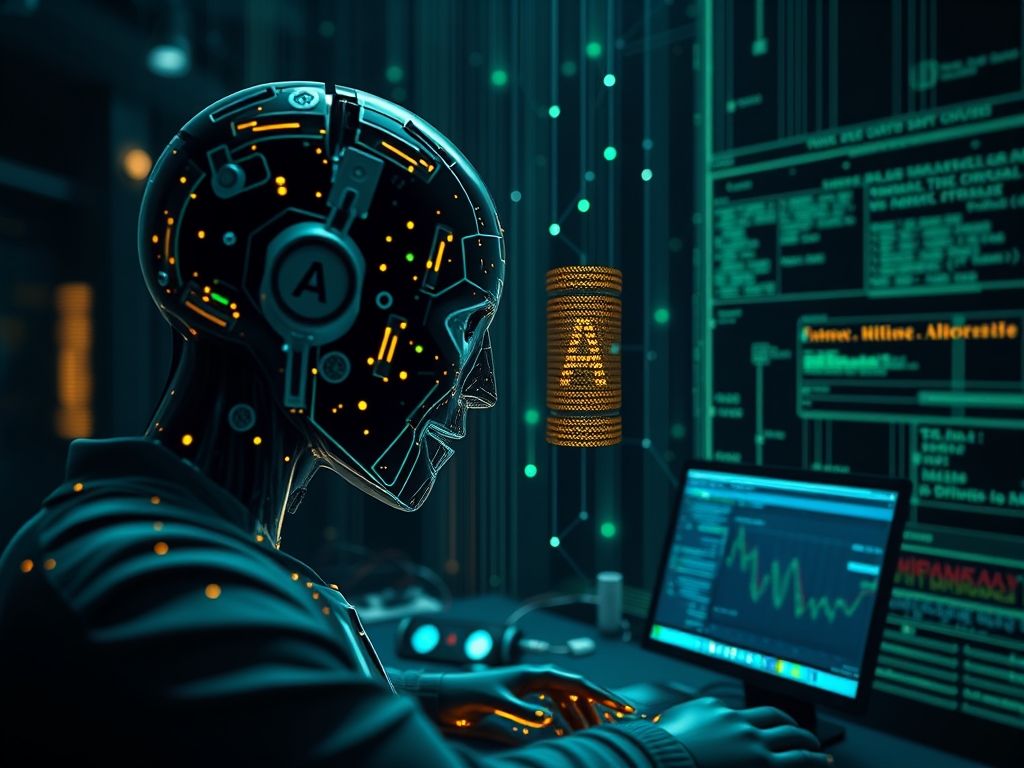Understanding AI and Human Resources
Artificial Intelligence (AI) in Human Resources (HR) refers to the integration of advanced technologies and algorithms into the HR functions of an organization. This encompasses a range of activities including recruitment, employee engagement, performance management, and workforce planning. By leveraging AI, companies can optimize their HR processes, making them more efficient and data-driven.
The Importance of AI in HR
In today’s fast-paced business environment, the integration of AI within HR is not merely a trend but a necessity. Organizations are increasingly realizing that AI can facilitate not just operational efficiency but also strategic decision-making. From automating mundane tasks to providing insights from vast amounts of data, AI empowers HR professionals to focus on more strategic initiatives.
1. Recruitment and Talent Acquisition
One of the most significant applications of AI in HR is in the recruitment process. AI-driven tools can analyze resumes and applications much faster than human recruiters. For instance, companies like HireVue utilize AI to evaluate candidates through video interviews, assessing not only their qualifications but also their body language and speech patterns.
- Example: Unilever uses AI to screen candidates and has observed a 16% increase in hiring efficiency.
2. Employee Engagement and Retention
AI can significantly enhance employee engagement by providing personalized experiences. Chatbots can assist employees with HR queries, while sentiment analysis tools can gauge employee satisfaction through feedback surveys. For example, platforms like Glint leverage AI to analyze employee feedback and suggest actionable insights for management.
- Example: Companies using AI to analyze employee engagement data have reported improved retention rates.
3. Performance Management
AI tools can help in creating a more objective performance management system. By analyzing performance data, AI can identify trends and suggest training or development opportunities for employees. This data-driven approach enables managers to make more informed decisions. Tools like Betterworks utilize AI to streamline performance reviews and goal tracking.
- Example: Organizations using AI in performance management have seen up to a 30% increase in employee productivity.
4. Workforce Planning and Analytics
AI also plays a vital role in workforce planning and analytics. By predicting future workforce needs based on historical data and trends, HR departments can proactively manage talent. AI tools can analyze turnover rates, hiring trends, and employee performance to create a more strategic workforce plan.
- Example: IBM Watson assists HR teams in forecasting future hiring needs by analyzing employee data.
Practical Applications of AI in HR
Implementing AI in HR is not just about adopting new technologies; it’s about transforming the HR landscape. Here are some practical applications:
- Automated Screening: Use AI algorithms to filter resumes and shortlist candidates based on predefined criteria.
- Onboarding: Implement AI-driven onboarding processes to personalize the experience for new hires.
- Continuous Feedback: Use AI tools to facilitate real-time feedback between employees and managers.
Concepts Related to AI and Human Resources
Understanding AI and HR involves exploring other related concepts:
- Machine Learning: A subset of AI that enables systems to learn from data and improve performance over time.
- Data Analytics: The process of analyzing data to derive actionable insights, crucial for effective HR decision-making.
- Chatbots: AI-driven virtual assistants that can answer HR-related queries and provide support to employees.
Conclusion: The Future of AI in Human Resources
The integration of AI into HR practices is set to redefine the workforce landscape. By understanding and utilizing these technologies, HR professionals can enhance their operational efficiency and create a more engaging employee experience. The future lies in blending human insight with AI capabilities to build a more resilient and adaptive workforce.
Reflect on how your organization can implement AI tools in your HR processes. Start small, perhaps with automated screening or employee feedback tools, and gradually expand as you measure success.









